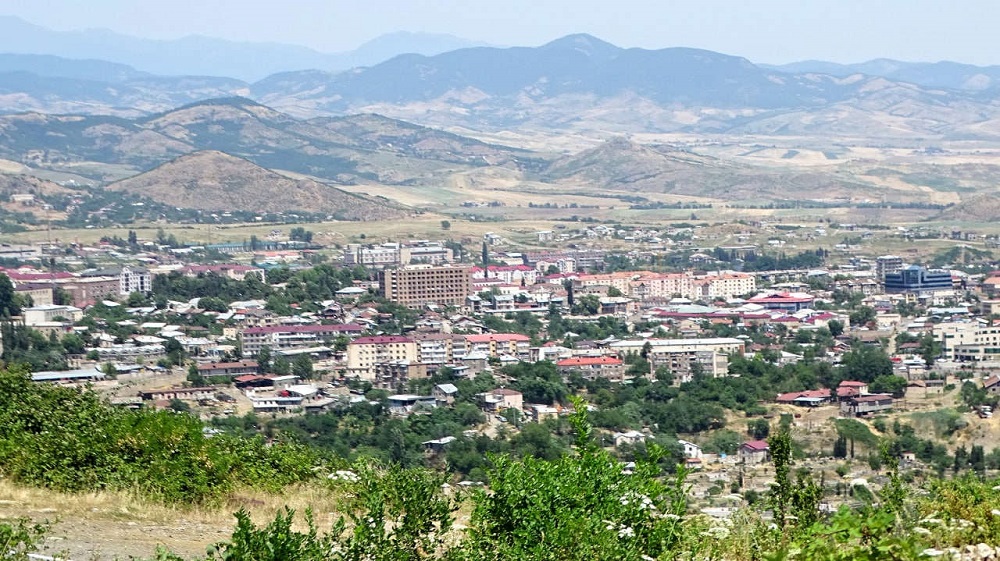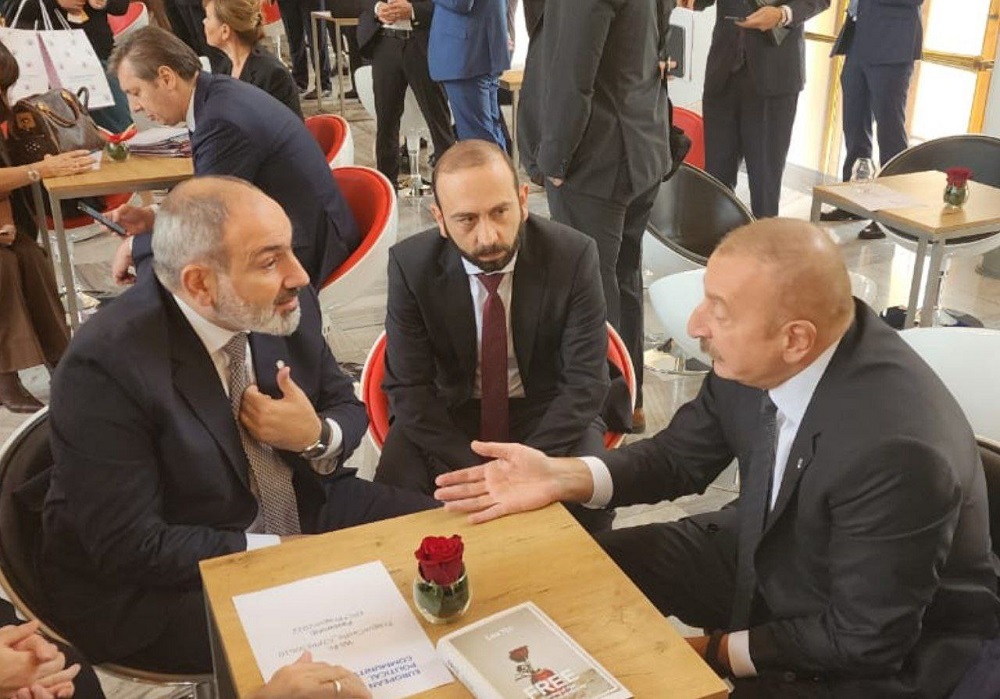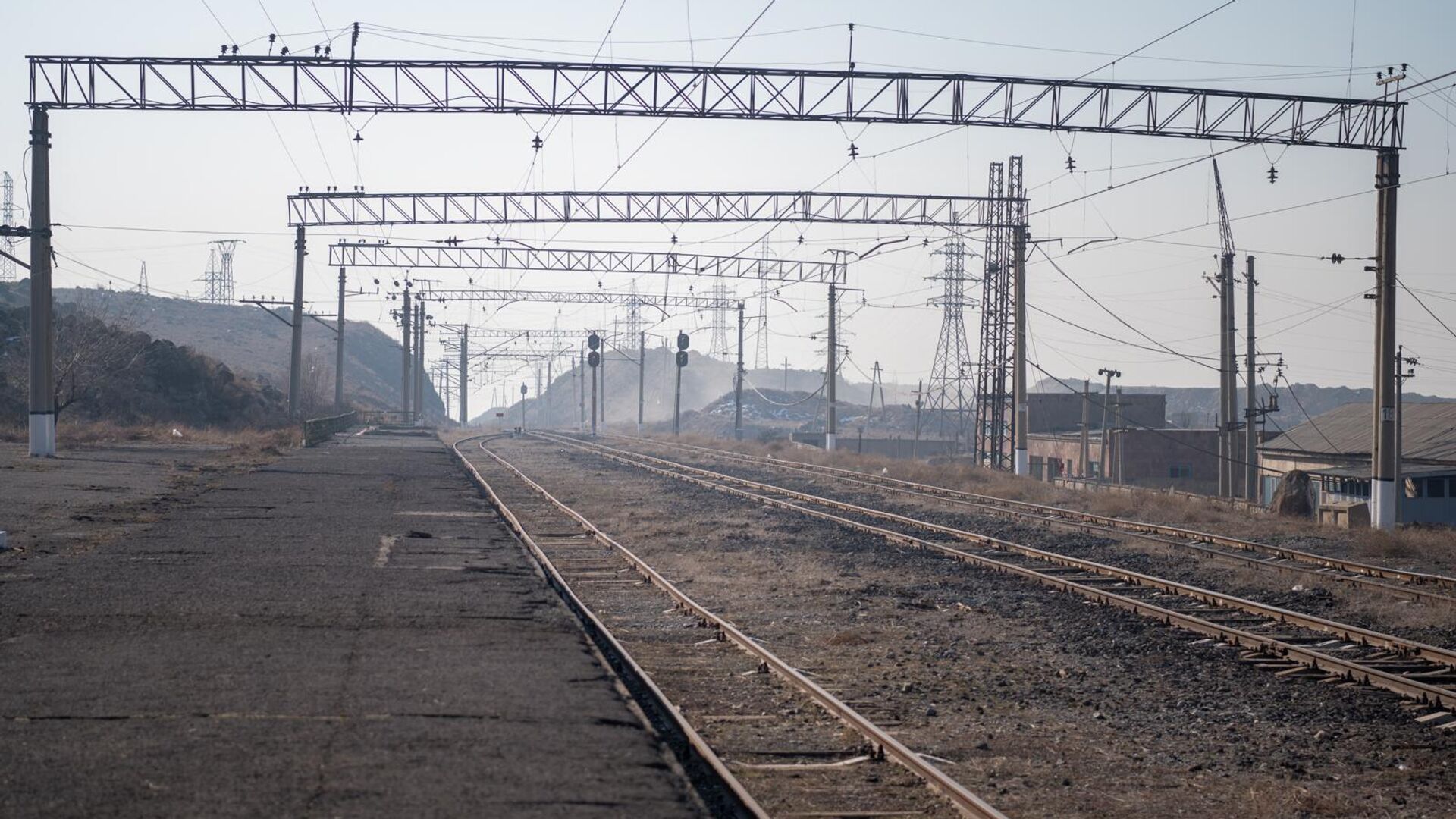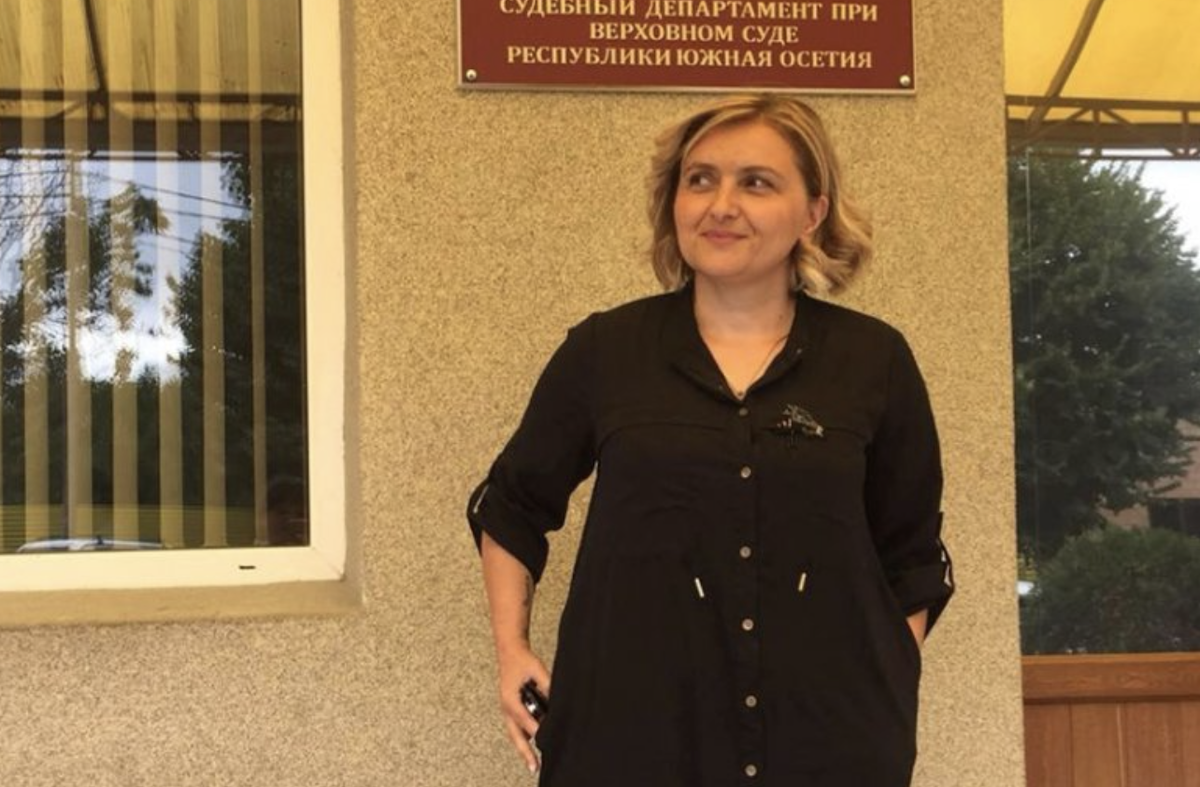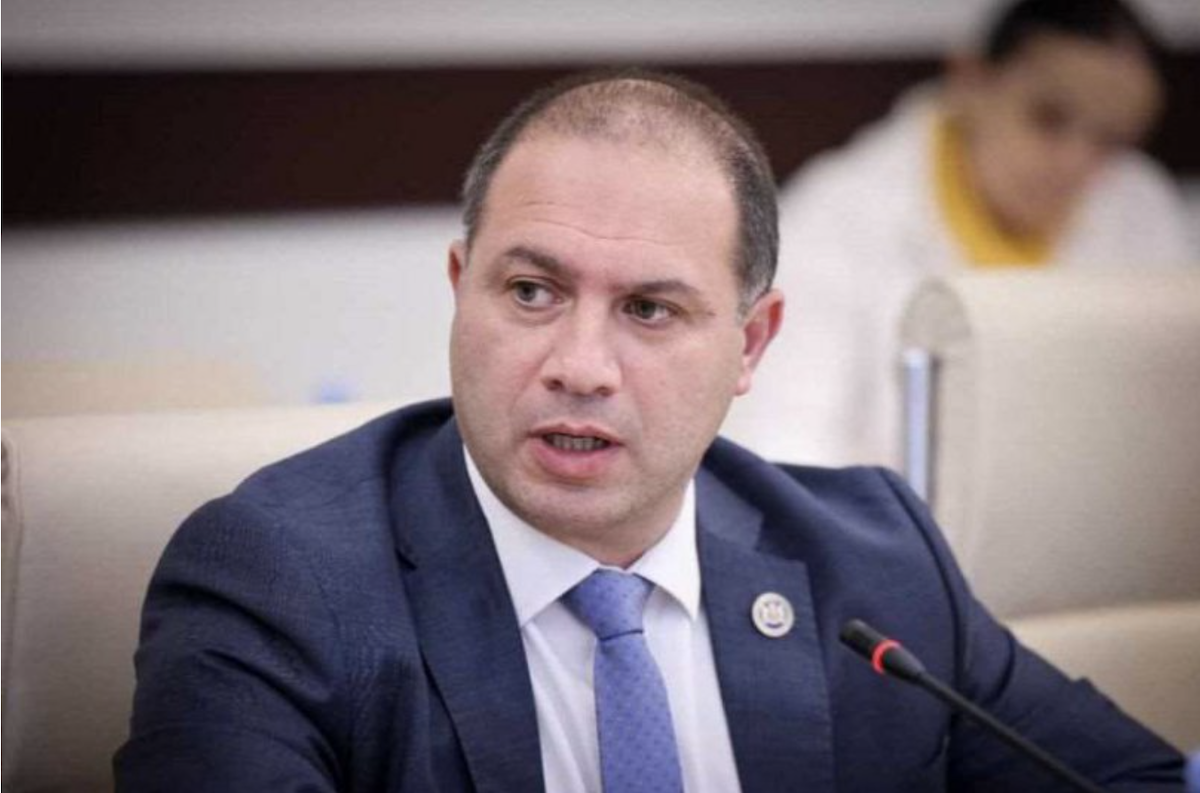Why is Azerbaijan against the OSCE mission on the border with Armenia? Comment from Baku
Azerbaijan against the OSCE mission
Baku has said the OSCE mission to monitor the situation on the border between Azerbaijan and Armenia is without authority. The Azerbaijani Foreign Ministry substantiates its position by the procedural rules of the OSCE itself. Commenting on the work of international mediators to resolve relations between the countries, South Caucasian Research Center (CSSC) analysts note that, “given the immobility of the political agenda based on the process of discussing a peace treaty and the fulfillment by Armenia of its obligations, in two months these formats of cooperation may completely become obsolete.”
- Azerbaijan seeks an alliance with Georgia. Epilogue to Aliyev’s trip to Tbilisi
- “Veiled threat” – Armenian political scientist on the statements of Maria Zakharova
- Azerbaijan accuses Armenia of supplying mines to Karabakh through the Lachin corridor
Official Baku does not consider the OSCE mission on the border between Azerbaijan and Armenia to be authorized for such activities. The Azerbaijani Foreign Ministry in its statement indicates that according to the procedural rules of the OSCE itself, all decisions of this organization must be made by consensus. In other words, all participating countries must vote “for” the decision.
The CSSC commented on the statement of the Azerbaijani Foreign Ministry regarding this mission and explained why Baku is against increasing the number of mediators in resolving the conflict.
Why is Baku against a large number of mediators?
According to CSSC analysts, after the 44-day war the policy of normalizing relations between Azerbaijan and Armenia was based on minimizing the number of international actors.
“Cooperation and peace require common interests on both sides. The increase in the number of mediators leads to an increase in clashing interests, interferes with the peace process and complicates information flow. And after Russia‘s aggression against Ukraine, the contradictions reached their peak.
“Russia and Turkey became the main mediators in the resolution process. Russia’s mediation is stipulated by paragraphs 3 and 4 of the tripartite statement dated November 10, 2020, and Turkey’s mediation by a memorandum on the establishment of a joint monitoring center dated November 11 of the same year.
“The 4th point of the tripartite statement entails the withdrawal of the Armenian armed forces, and the 9th the opening of the Zangezur corridor. But the unstable political situation in Armenia, as well as the unwillingness of Russia to fulfill the obligations assumed in a timely manner, did not allow these conditions to be fulfilled in 2021.
“The leadership of Armenia, in order to delay the fulfillment of its obligations, postpone the adoption of “difficult” decisions and strengthen its positions in the negotiations, tried to involve new mediators in the process. And Baku, in order to force Russia to be more responsible, agreed to the simultaneous mediation of the United States and Georgia. Thanks to this formula, in June 2021 Armenian soldiers held in Azerbaijan were exchanged for maps of minefields,” the research center said in a regular report.
Mediation through Increasing Financial Assistance
“Last year, even after the early parliamentary elections in Armenia, no positive progress was recorded under the Kremlin’s mediation. This brought about the issue of EU mediation.
“The European Union was invited to the resolution process by Armenia. At first, Azerbaijan was unfavorable toward this initiative. Since the European Union demonstrated an unfair attitude towards the parties, allocating 2.6 billion euros as material assistance to the aggressor represented by Armenia, and only 150 million euros to the victim of the occupation represented by Azerbaijan. But soon the package of material assistance to Azerbaijan was increased to 2 billion, and Baku called Brussels “a fair mediator.”
“Thus, the Moscow plus Brussels format is the maximum possible for official Baku to participate in. Considering the diplomatic efforts of Washington in the context of the Brussels format, they are also acceptable to Azerbaijan,” the CSSC said.
Why can’t the OSCE mission have a mandate?
Azerbaijani political scientists emphasize that despite all this, the role of international organizations, in particular the OSCE, is in no way acceptable on the part of official Baku:
“According to the second article of the document called the OSCE Rules of Procedure, the decisions of the organization’s decision-making bodies are taken by consensus. In other words, as stated in the article, consensus is the absence of any protest on the part of the State Party when deciding on the issue under consideration.”
“The Azerbaijani Foreign Ministry, commenting on the issue of the OSCE mission, stated that the OSCE mission cannot have a mandate and cannot be associated with it in any way, for the reason that this issue has never been considered by any of the collective decision-making bodies. It should be noted that according to the Procedural Rules mentioned above, it is only when a decision is made by consensus that any decisions, statements, reports, letters and other documents can be called OSCE documents, and these documents are binding for the member states of the organization.
“Despite the undesirable nature of the mission of Brussels in Armenia for Azerbaijan, it was agreed within the framework of the summit in Prague. Baku agreed to the work of the mission for two months, and cooperation with it in matters relating to Azerbaijan.
“Shortly after the Prague meeting, the European Union unilaterally expanded the powers of the mission sent to Armenia, and it was stated that it could work for more than two months, despite Charles Michel’s statement. From this point of view, cooperation between Azerbaijan and the EU mission for a period of more than two months does not look appropriate.
“Thus, it can be stated that the number of diplomatic platforms will not be increased by Azerbaijan. Moreover, given the immobility of the political agenda, and based on the process of negotiating a peace treaty and the fulfillment by Armenia of its obligations, in two months these formats of cooperation may completely become obsolete,” the CSSC added.
Azerbaijan against the OSCE mission











